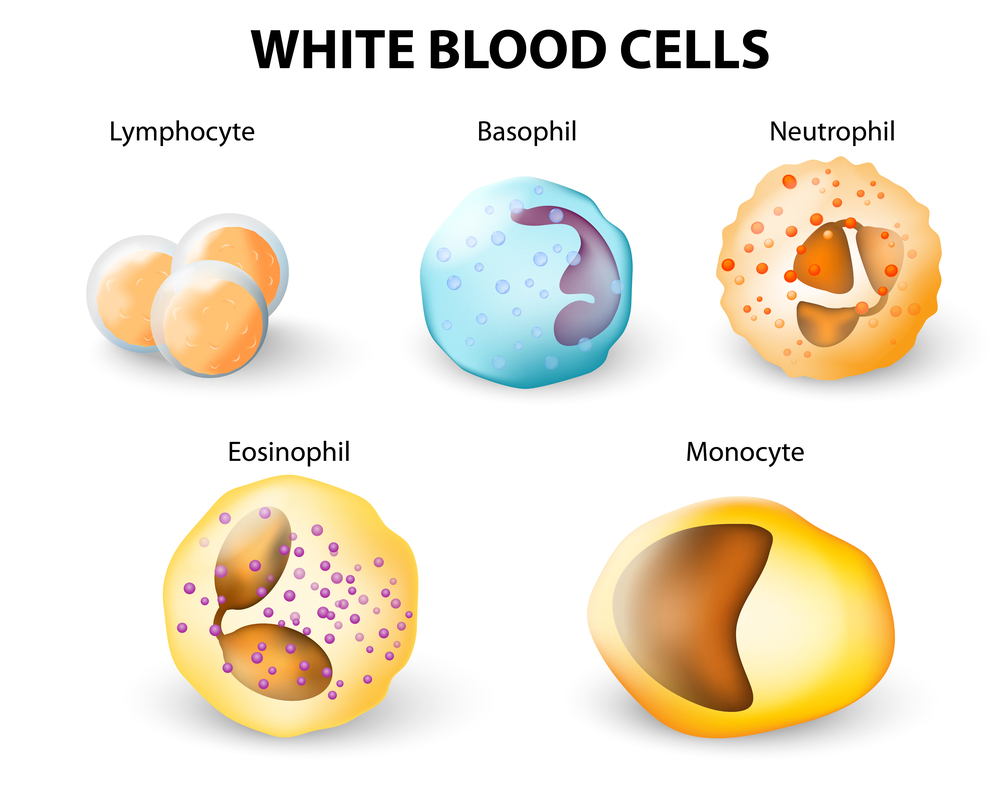In a new study entitled “Targeting B-Cell Receptor Signaling with Ibrutinib in Diffuse Large B-Cell Lymphoma” a team of researchers identified a subtype of diffuse large B cell lymphoma (DLBCL) – the activated B cell-like (ABC) – that activates a specific enzyme rendering ABC tumor cells more susceptible to ibrutinib treatment. The findings are an example of personalized medicine and will allow clinicians to identify patients more likely to respond to the treatment. The study was published in the journal Nature Medicine.
Lymphomas are a type of blood cancer caused by the abnormal proliferation of a form of white blood cells called lymphocytes. Within the panoply of lymphomas, diffuse large B cell lymphoma (DLBCL) has two major subtypes – activated B cell-like (ABC) and germinal center B cell-like (GCB).
In previous studies, researchers identified the two subtypes based on a different pattern of activated genes, which suggested the potential need for subtype-targeted therapy. Currently, only 40% of ABC patients are cured with the available therapies, which is a significant lower rate when compared to the GCB DLBCL subtype. As such, ABC subtype-specific treatments are required.
In this study, a team of researchers performed a phase II clinical trial in 80 patients suffering from DLBCL who failed to respond to standard treatments or had relapsed. The team treated all patients with ibrutinib, a drug that targets Bruton’s tyrosine kinase (BTK), an enzyme essential for the development and maturation of B lymphocytes.
Complete or partial responses were registered in 37 percent of all ABC DLBCL patients treated with ibrutinib, but this number decrease to only 5 percent in patients with GCB DLBCL. Thus, the new findings show a specific activation of BTK in ABC but not GBC tumors, rendering ABC tumors sensitive to ibrutinib treatment. As a consequence, the team argues that future clinical trials should identify the specific subtype of B cell lymphoma, to correctly identify those patients with an ABC DLBCL signature that will respond to ibrutinib.
Study co-lead author Louis Staudt, M.D., Ph.D., NCI Center for Cancer Genomics, commented, “Clinical trials such as this are critical for translating basic molecular findings into effective therapies.”
Study co-leader Wyndham Wilson, M.D., Ph.D., NCI Center for Cancer Research, added, “This is the first clinical study to demonstrate the importance of precision medicine in lymphomas.”


